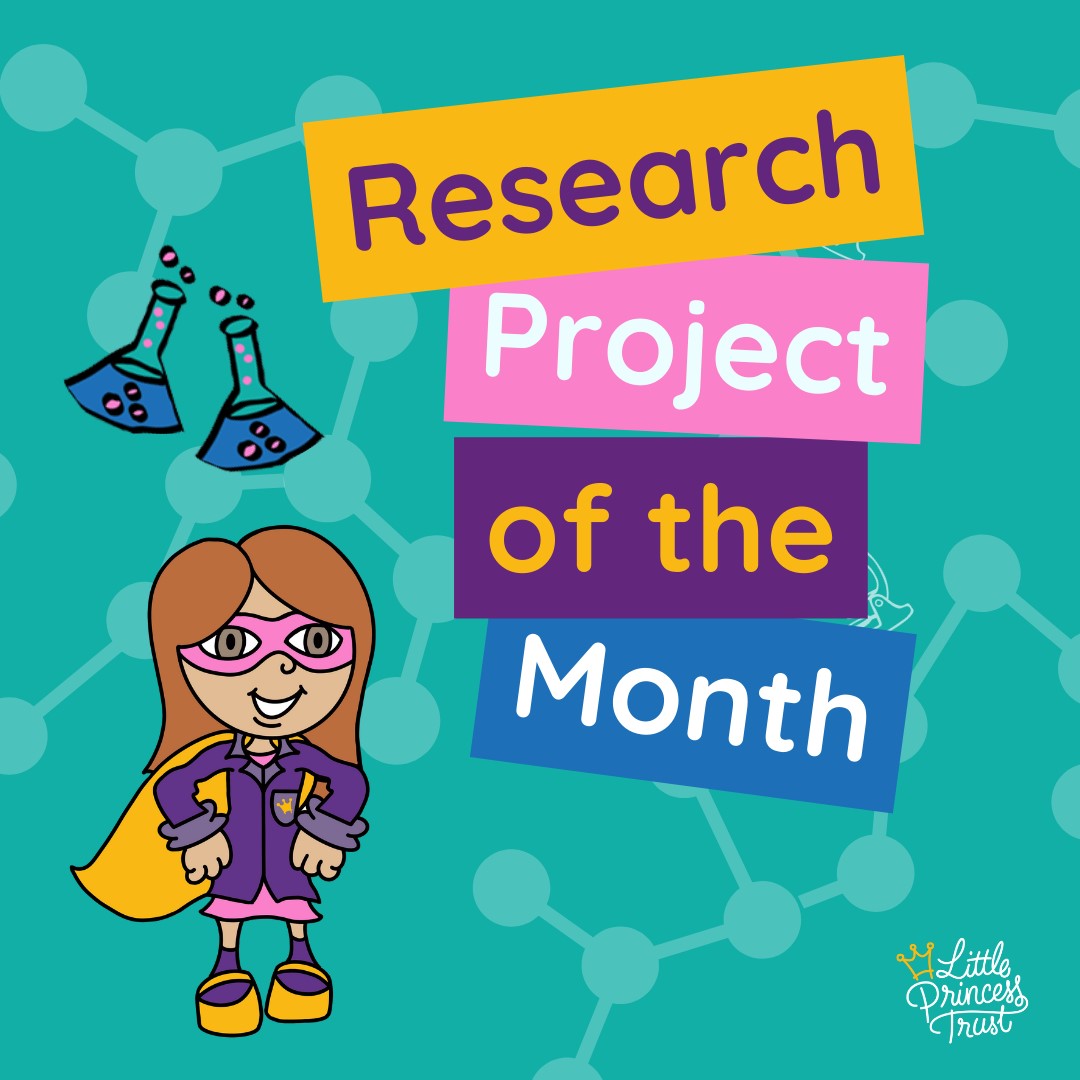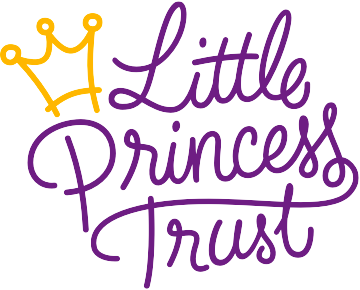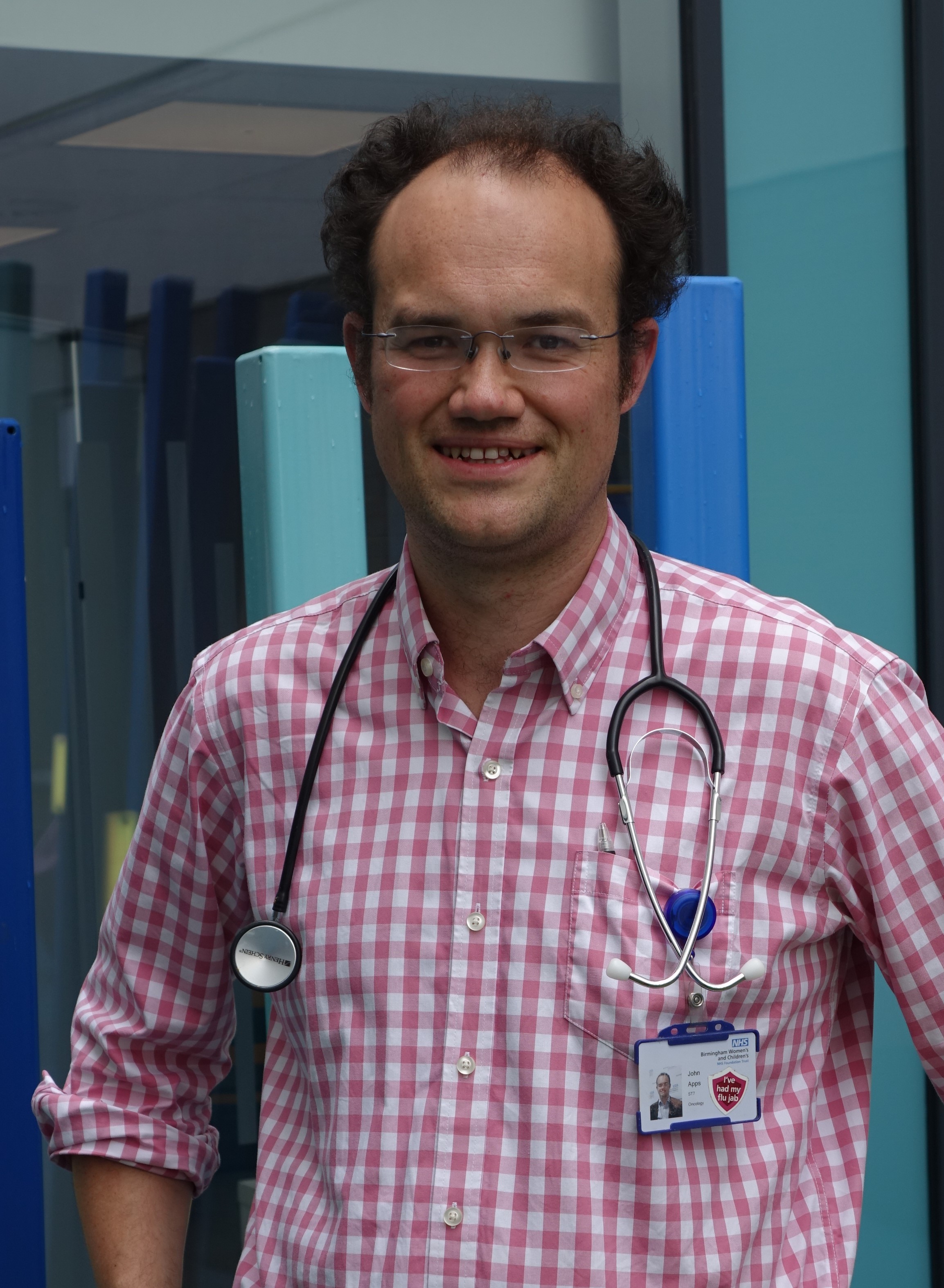Little Princess Trust News
Trying to increase our knowledge of a rare brain tumour

Research aims to discover more about tumours that have regrown
Did you know that there are more than 100 different types of brain tumours?
Cancers can grow in different parts of the brain and can start from different types of cells. This makes them behave very differently and can affect how easy the cancer is to cure.
Craniopharyngioma brain tumours grow in the middle of the brain. This makes it difficult for surgeons to remove the whole tumour, because they don’t want to damage the brain. Because of this, it can often grow back.
Dr John Apps is a researcher at the University of Birmingham. He wants to understand more about tumours that have regrown.
He is working with a clinical trial that is testing whether two new types of chemotherapy could stop tumour growth.
In his Little Princess Trust funded project, John is looking at tumour DNA and common features of craniopharyngioma. Cysts are fluid filled sacs that are seen in many craniopharyngioma cases, and can be quite large.
Doctors don’t fully understand what is inside the cysts, or how they grow. There are medicines that can help fight these cysts, but doctors do not know how exactly they work. We need to understand this so that researchers can develop new treatments for children with this cancer.
John will be able to look at clinical trial cancer samples from patients treated with these medicines. This will help the researchers understand why the medicines don't work for every patient.
While waiting for the clinical trial to open and send fresh cancer samples, John’s team have been working on existing data.
They want to see whether they can link genetic changes in tumour DNA to whether a tumour grows back or not.
The team are also collecting samples of cyst fluid from patients at Birmingham Children’s Hospital. Studying what is in the cyst fluid will help John's team understand how they grow.
They will look at which fats are present in the fluid, what causes inflammation, and how new blood vessels feed the tumour.
John hopes that his work will help doctors work out the best way to use new and existing treatments for patients with craniopharyngioma.
Long term, his research into how this cancer grows and survives could lead to the identification of new treatments. His goal is to make sure as many children as possible are cured.
Find out more here.




